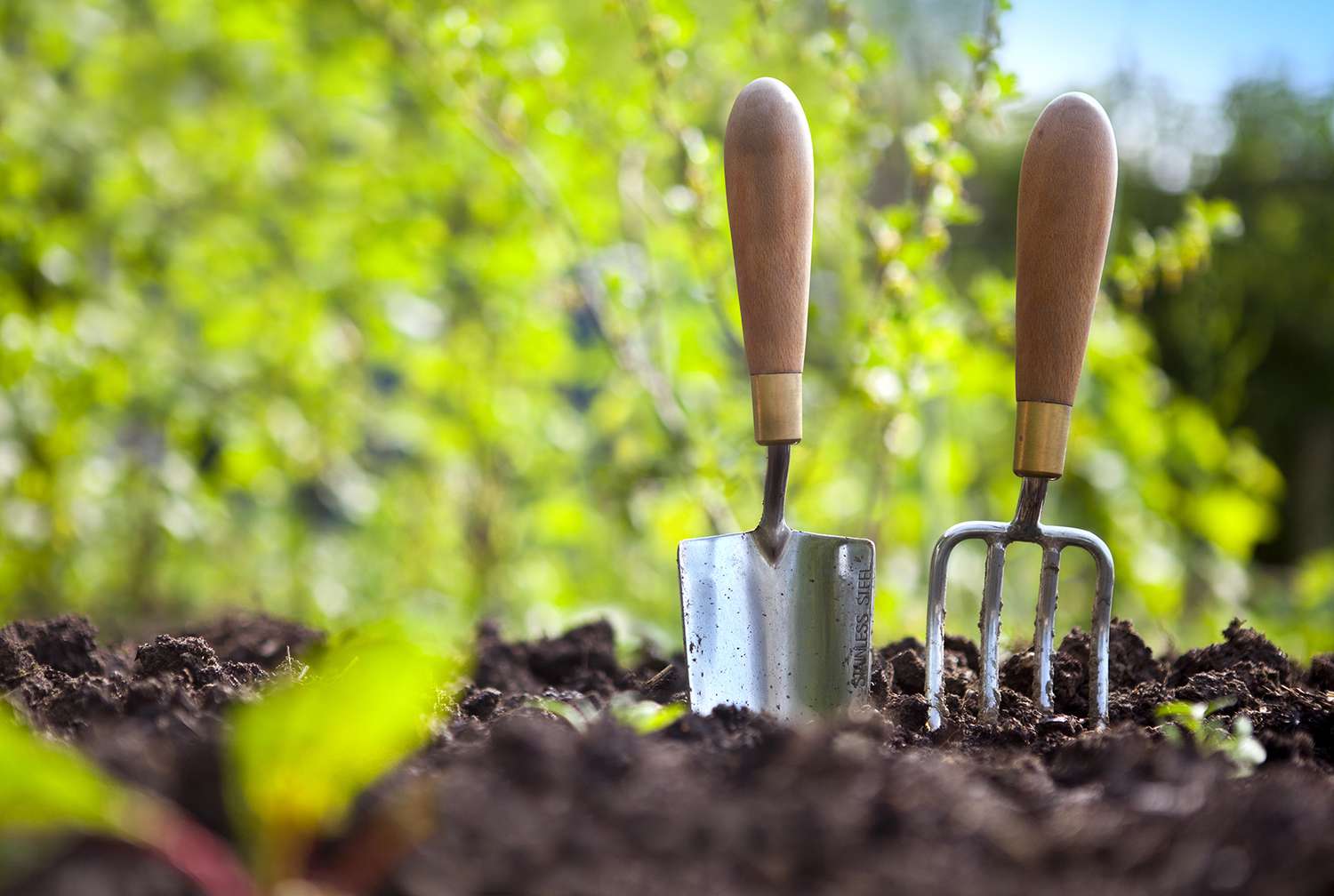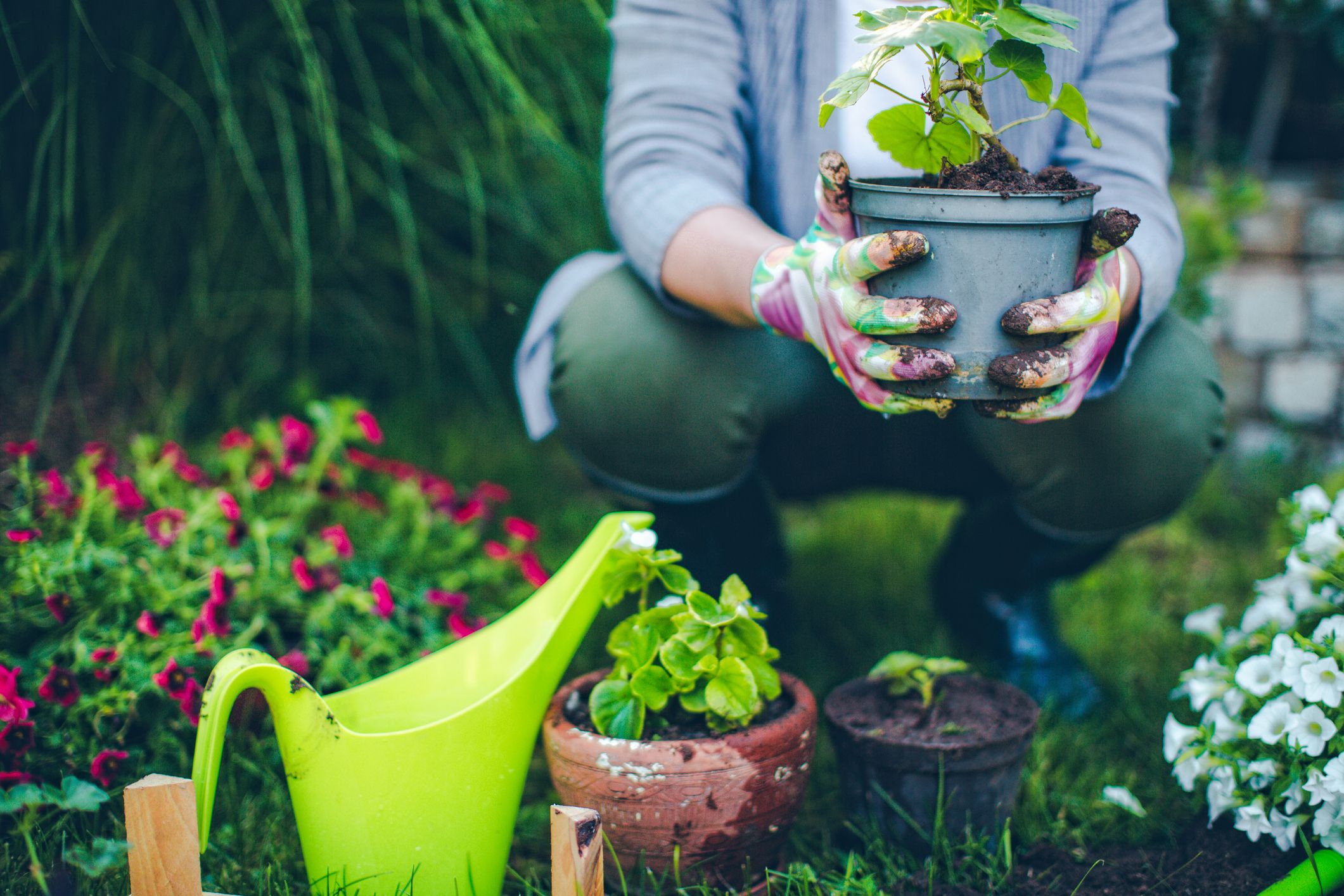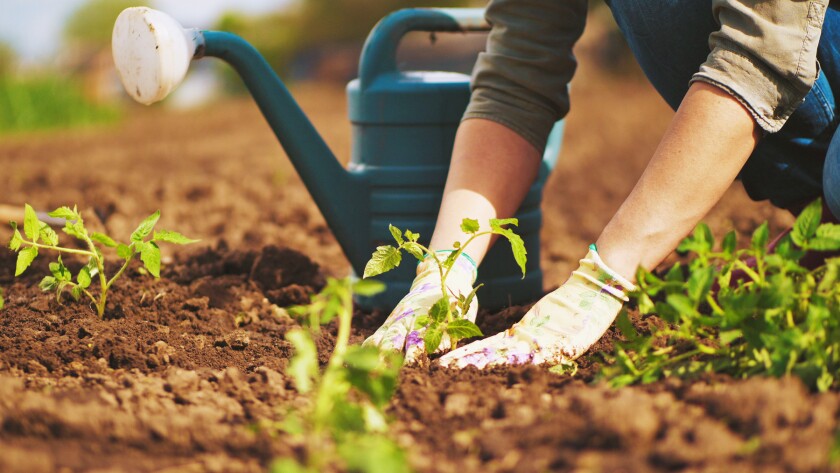If you invest your time in doing organic gardening properly, the results are obvious. It shows that you care about taking care of your plants and that you want them to grow up healthy. That is a great trait to have. With anything else you can always improve. This article will provide you with some ways to accomplish this.
Make use of a ground cover, such as mulch or hay. Be sure when you are purchasing your ground cover, that it is also organic, as any chemicals contained in the mulch or hay can be absorbed by your plants. Organic ground coverings will protect the roots of your plants and help prevent water evaporation.
You can save time by using soaker hoses. Instead of standing with a hose for a long time or having to refill a container, set your water pressure on low and let your hose sit next to the plant that needs to be watered. Do not forget to turn the water off later.
Use a raised garden bed when planting your plants. Not only does it provide a minor defense against the common vegetable pests, raised garden beds are also warmer during the spring. The planter becomes warmer because it isn’t surrounded by several inches of isolating ground-soil. The warmer climate will result you being able to plant earlier.
The best and most natural way to fertilize an organic garden is with compost. Compost can be made from anything that was once alive. Don’t discount the value of your kitchen waste, leaves, grass clippings or anything else that was once alive. By composting it all, you will give invaluable life to your organic garden.
If you are preparing to move your indoor organic garden outdoors, a great tip is to start preparing your plants one week ahead of time. Move them to a shaded area in your home for a few hours on a warm day. Your aim is to gradually increase your plants’ exposure to light. Then, leave them outside overnight at the end of the week. This will ensure your plants survival.
Treat your roses! To naturally remedy black spots on roses in your organic garden, use milk! For some unknown reason – using a 1:2 ratio mixture of milk and water – has been shown to get rid of black spots! Use a spray bottle to apply the mixture directly to the leaves of the affected plant.
Stay shallow in the soil when you are working it. You do not need to break your back digging deep in your organic garden. Keep your depth to an average of six inches. Nearly eighty-five percent of all plant roots only require the top six inches of soil. That should make your work easier.
When you first begin using organic produce you will realize that it tends to rot quite a bit faster. This is because less preservatives are used. Having a lower shelf life means that you need to cook or eat the produce a little bit faster than you would normal store bought options.
If organic gardening is something that you are interested in, make sure you do your research. There are so many resources available in print and also on the internet. Find out what you need to get started in your organic gardening ventures. It can be fun and rewarding in the end.
You are now equipped with some knowledge and new skills to apply to an organic garden of your own. That is all well and good, however, you must put them to use. What you have just read can help you get the most from your garden. Hopefully, you have discovered something new that you can use in your organic garden.


